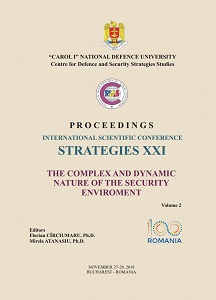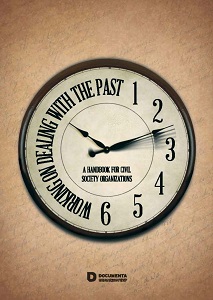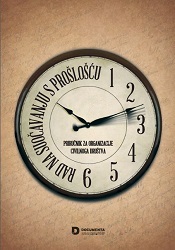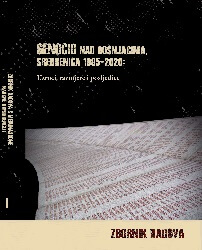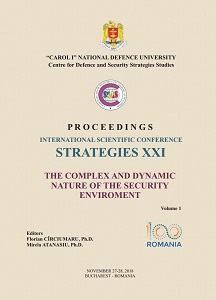
THE HYBRID WARFARE AND THE MILITARY OR BELIGEN NON MILITARY CONTEMPORARY ACTIONS’ CHARACTERISTICS
The Hybrid War is a system of social, military and non-military actions,carried out in a discreet operational area characterized by political and economic states driven by events. The final result of the actions is the dissolution of statehood.Starting with the Cold-War Era, the most effective strategy of defeating undesirable state sovereignty proved to be its destruction, peaceful or violent, by itself (from inside),through discrete social actions, followed, as appropriate, by events management and the restoration of social order through military action. Thus, the role of the military structures has gradually changed, involving the change of organization and training, from the role of the main force of destroying the opponent to the force specialized in post-conflict social status management.On the other hand, in the Age of Information, within the Knowledge-based Society,space and time have become discontinuous and asynchronous through the universalization of electronically mediated communication and the virtualization of human interactions. This development made possible this type of war, the hybrid, characterized by the physical absence of the external military opponent in the decisive action phase and its emergence, with a stabilizing role, in the phase of managing the results.
More...
